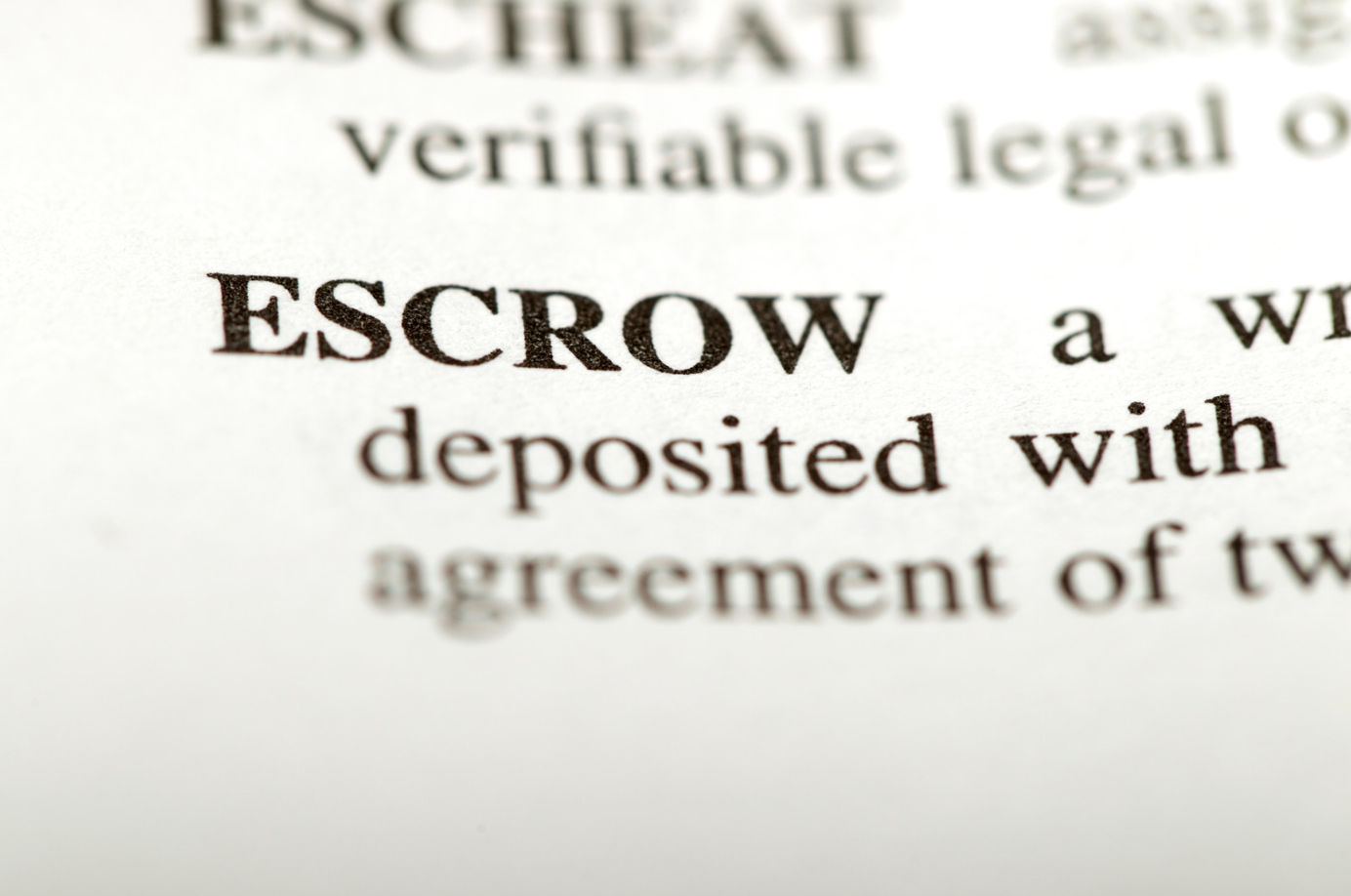Escrow—a term often heard in real estate transactions and online marketplaces, yet its intricacies remain elusive to many. What exactly is escrow, and why is it crucial in various transactions? Let’s delve into this often misunderstood concept and shed light on its significance.
At its core, escrow is a financial arrangement where a third party holds and regulates payment of funds or assets between two parties involved in a transaction. This intermediary, known as the escrow agent, ensures that the transaction proceeds smoothly by safeguarding the interests of both parties and facilitating the transfer of funds or assets once all conditions are met.
One of the primary reasons why escrow is essential is its role in mitigating risks for both buyers and sellers. In a real estate transaction, for example, the buyer may deposit funds into an escrow account, which will only be released to the seller once all contractual obligations, such as property inspections and title searches, have been fulfilled. This provides assurance to the buyer that their funds are protected until they receive the property as agreed upon.
Similarly, sellers benefit from escrow by knowing that the buyer’s funds are available and committed to the transaction. This minimizes the risk of non-payment or default, giving sellers peace of mind as they proceed with the sale of their property or goods.
Escrow also serves as a neutral and impartial party in transactions, ensuring fairness and transparency. The escrow agent acts as a mediator, facilitating communication between the buyer and seller and ensuring that all terms and conditions of the transaction are met before releasing the funds or assets. This impartiality helps build trust between the parties involved and reduces the likelihood of disputes arising.
Moreover, escrow can be particularly advantageous in online transactions, where parties may be geographically distant and unfamiliar with each other. In e-commerce platforms, for instance, escrow services provide a secure payment method where buyers can release funds to sellers only after receiving and inspecting the goods. This protects both parties from fraud and ensures a level of confidence in the transaction process.
It’s important to note that escrow is not limited to real estate or online marketplaces; it can also be utilized in various other transactions, including mergers and acquisitions, legal settlements, and business transactions. In each case, escrow plays a vital role in facilitating secure and efficient exchanges between parties.
In conclusion, escrow is a fundamental aspect of many transactions, offering protection, transparency, and peace of mind to all parties involved. By entrusting a neutral third party to oversee the transaction process and ensure compliance with agreed-upon terms, buyers and sellers alike can proceed with confidence, knowing that their interests are safeguarded. As such, understanding the role and importance of escrow is essential for anyone engaging in transactions where security and trust are paramount.


